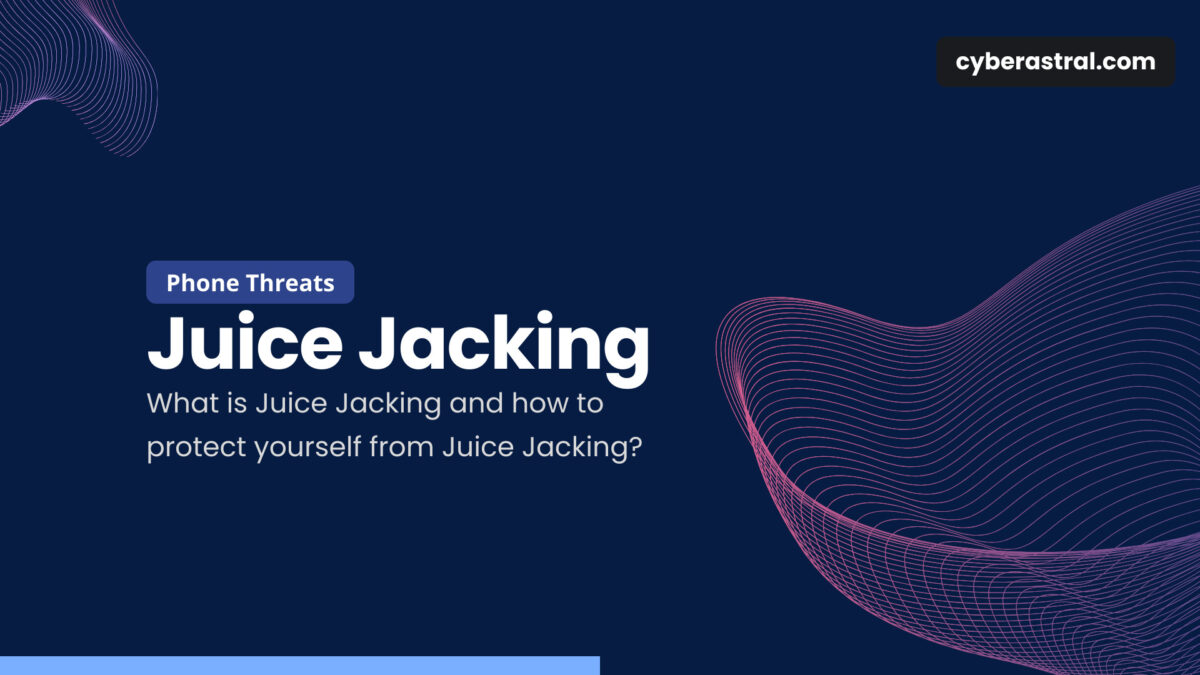What is Juice Jacking?
Juice Jacking is an attack that occurs when an attacker gains unauthorized access to your device’s data by plugging it into a malicious charger. This can happen in public places, such as coffee shops or airports, where charging stations are often available.
The attacker will typically create a fake charger that looks legitimate. When you plug your device into the fake charger, it will install malware on your device that gives the attacker access to your data.
How Does Juice Jacking Work?
Juice Jacking works by exploiting a vulnerability in the way that smartphones and other devices charge. When you plug your device into a charger, it sends a signal to the charger to start providing power. And the attacker can intercept this signal and use it to install malware on your device.
The malware can then steal your data, such as your contacts, passwords, and financial information. It can also be used to control your device by taking photos or recording videos without your knowledge.
Los Angeles County warned people back in 2019, but it hasn’t been a big problem like now.
How to Protect Yourself from Juice Jacking
There are a few things you can do to protect yourself from Juice Jacking:
- Don’t use charging stations. If you’re in a public place, avoid using charging stations that are not well-maintained.
- Use an AC power outlet, not a USB charging station.
- Be careful about where you plug in your device. If you must use a public charging station, make sure to inspect it carefully for any signs of tampering.
- Keep your device’s software up to date. Software updates often include security patches that can help to protect your device from malware.
- Buy a condom for your USB Cord: Wow, that exists. It is technologically impossible to transfer data with a USB Condom, it is also very small to carry with you.
Common Signs of Juice Jacking
If you think you may have been a victim of Juice Jacking, there are a few things to look out for:
- Your device may start running slowly or behaving strangely.
- You may see unfamiliar apps or files on your device.
- You may receive strange text messages or emails.
- You may notice that your device drains battery power more quickly than usual.
What to Do If You Think You’ve Been Juice Jacked
If you think you’ve been a victim of Juice Jacking, there are a few things you should do:
- Disconnect your device from the charger immediately.
- Scan your device for malware. There are many different antivirus and anti-malware solutions available.
- Change your passwords. This includes your passwords for your email, bank accounts, social media accounts, and any other online accounts you use.
- Report the incident to the authorities. This will help them to track down the attackers and bring them to justice.
Juice Jacking: A Growing Threat
Juice Jacking is a growing threat, as more and more people rely on smartphones and other devices daily. By following the tips above, you can help to protect yourself from this cyberattack.
I hope this article was helpful. If you have any further questions, please let me know.






Hey there I am so excited I found your webpage, I really found you by mistake, while I was researching on Bing for something else, Anyhow I am here now and would just like to say kudos for a incredible post and a all round entertaining blog (I also love the theme/design), I don’t have time to read through it all at the minute but I have book-marked it and also included your RSS feeds, so when I have time I will be back to read much more, Please do keep up the excellent work.
Thank you so much! Glad you are here!